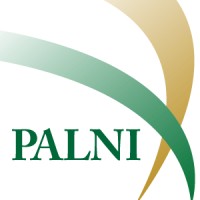
Private Academic Library Network of Indiana (PALNI)
PALNI is a non-profit organization made up of 24 private, academic libraries. In PALNI, this library-to-library collaboration enhances faculty teaching and student learning for academic success. Through the “Power of PALNI,” each school benefits from reducing the duplication of efforts and achieving more in quality, value, and support. Read more www.palni.edu






